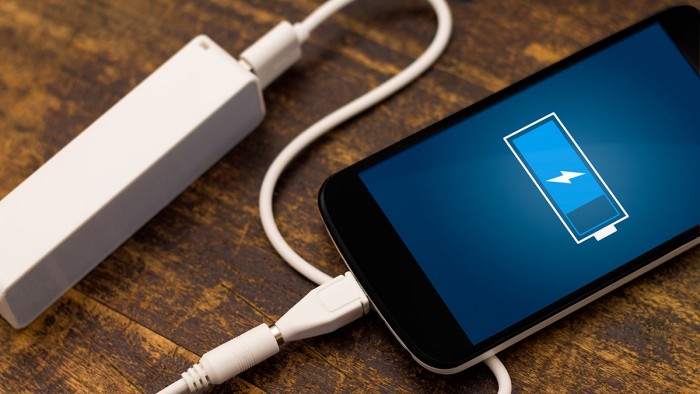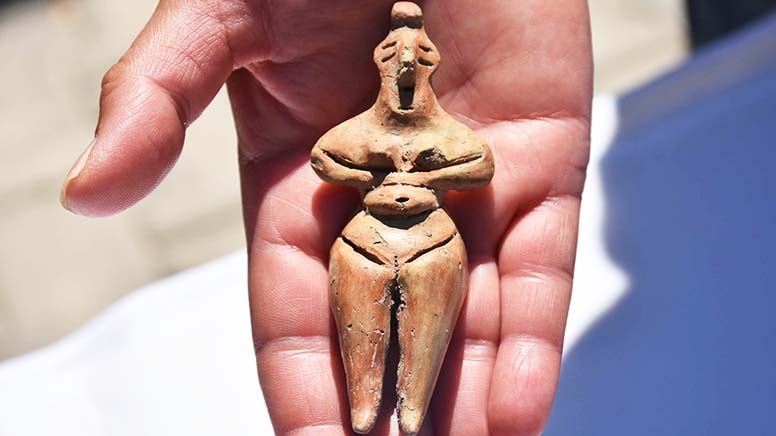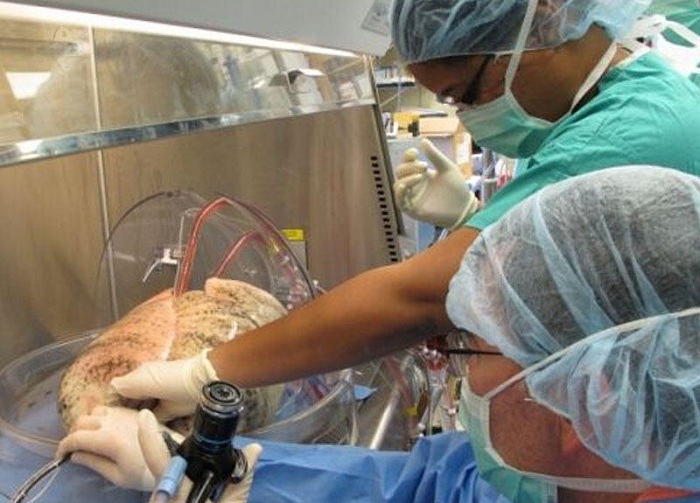
- A-
- A
- A+
Chinese scientists develop fast-charging aluminum-graphene battery
The team, led by professor Gao Chao, from Department of Polymer Science and Engineering of Zhejiang University, designed a battery using graphene films as anode and metallic aluminum as cathode.
The battery could work well after quarter-million cycles and can be fully charged in seconds.
Experiments show that the battery retains 91 percent of its original capacity after 250,000 recharges, surpassing all the previous batteries in terms of cycle life.
In quick charge mode, the battery can be fully charged in 1.1 seconds, according to Gao. The finding was detailed in a paper recently published in Science Advances.
The assembled battery also works well in temperatures range of minus 40 to 120 degrees Celsius. It can be folded, and does not explode when exposed to fire.
However, the aluminum-ion battery cannot compete with commonly-used Li-ion batteries in terms of energy density, or the amount of power you can store in a battery in relation to the size, according to Gao.
"It is still costly to make such battery. Commercial production of the battery can only be possible until we can find cheaper electrolyte," Gao said.
Similar News
Links




 Elm TV
Elm TV
 Photo
Photo
 Video
Video





